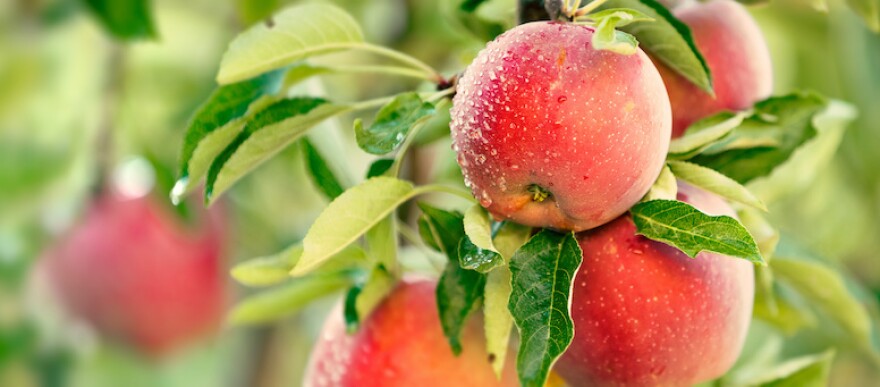Lost apple varieties of the Northwest are sprouting anew and in the spotlight at a conference this week.
The University of Idaho is hosting the second Heritage Orchard Conference -- albeit at a distance this year.
On Wednesday, David Benscoter, a retired law enforcement investigator and now an apple sleuth for The Lost Apple Project, will talk about hunting down these unique fruit specimens.
Benscoter says he can identify where the pioneers were likely to plant an orchard in the hilly terrain of northern Idaho and eastern Washington.
"Some kind of a ravine or something like that -- they'd stick their fruit orchards right at the bottom of that area," he points out. "And those ravines would act as natural gutters and so, they'd get more water than if they were to be planted on top of a hill."
The Lost Apple Project is part of the Whitman County Historical Society in eastern Washington. Wednesday's presentation begins online at 10 a.m. and is free for the public.
The Heritage Orchard Conference is holding webinars once a month through next April.
Benscoter says Northwestern pioneers had about 300 varieties of apples to choose from and The Lost Apple Project is looking for about 40.
Early settlers had many more types of apples to choose from than we do today.
The U.S. Apple Association says only 15 varieties make up 90% of production.
Benscoter calls many of the varieties he rediscovers "ugly little apples" that taste great but don't have much commercial value. Still, he says these forgotten fruits can teach today's growers a lot.
"A couple of the apples that we have found have been reported to have some excellent resistance to some apple diseases," he states.
Benscoter says the best locations are old homestead sites and that the project gets a lot of support from the public on where to snoop for apples.
"We're just hoping that a few of these have somehow survived and maybe are tucked away in the back of somebody's lot or a field somewhere," he states.
Benscoter adds that the Temperate Orchard Conservancy in Oregon deserves a lot of credit. The Lost Apple Project sends samples there to identify apples for the sleuths.







